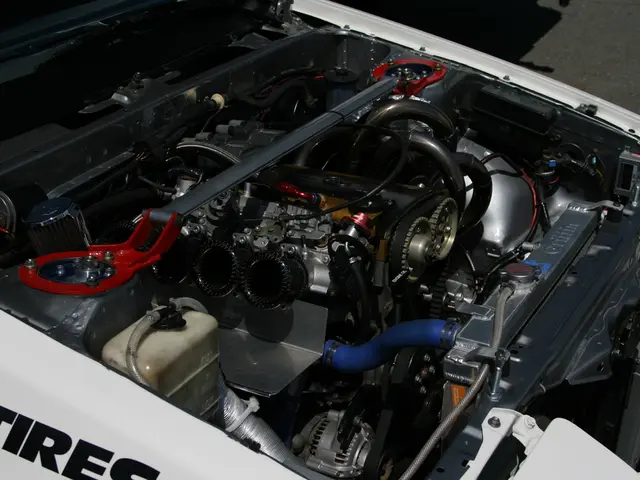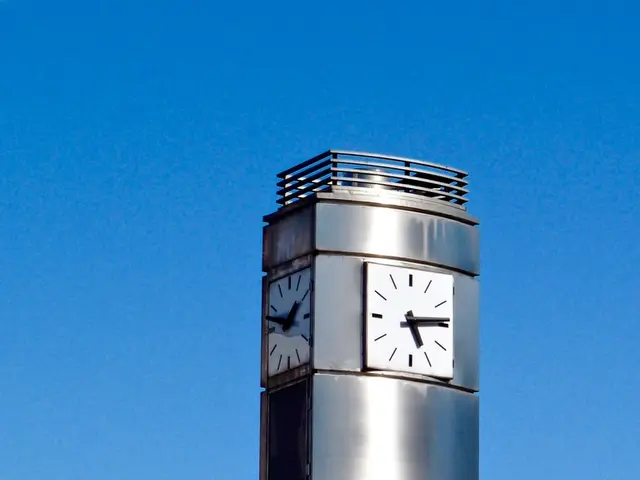Anticipates an additional 150 electric buses for BVG in the upcoming year
Berlin's BVG to Build New Electric Bus Depot at Säntisstraße
Berlin's public transport authority, BVG, is set to expand its electric bus infrastructure significantly with the construction of a new depot at Säntisstraße in Marienfelde. This is the first new bus depot built by the BVG in over 60 years.
By 2027, the new depot is scheduled to be completed and will accommodate about 220 battery-electric buses. The depot will be equipped with advanced charging technology and IT connectivity, making it part of a larger network including existing facilities on Köpenicker Landstraße and Rummelsburger Landstraße. This network will result in a total of eight bus depots with electric bus capacities around the city.
To support this expansion, up to 209 charging points with 150 kW capacity will be installed, along with nine ultra-fast charging stations (up to 450 kW) for quick recharging overnight and during service. Additionally, BVG is expanding charging infrastructure at up to 36 terminal stops across Berlin to support buses charging during regular operation.
The BVG currently operates about 280 electric buses and aims to increase this number to around 500 electric buses by 2027, which would represent about one-third of its total fleet of 1,500 vehicles. By the end of 2027, the BVG expects to operate 550 electric buses, making more than a third of their fleet electrically powered.
Looking ahead, the BVG targets a complete transition to an emission-free (zero-emission) bus fleet in the early 2030s, relying on this expanded infrastructure and ongoing fleet electrification as key steps toward stable, cleaner urban mobility with modern workplaces and air quality improvements in Berlin.
The BVG primarily focuses on battery-electric drives but does not exclusively rely on this technology. Tests are being conducted with fuels made from used plant and cooking oil (HVO) to extend the lifespan of newer diesel vehicles. Furthermore, another 120 electric buses are planned to join the BVG fleet by 2027, and the company has not yet provided any information on whether hydrogen drives will also be considered in the long term.
In summary:
| Timeline | Plans | |---------------|-------------------------------------------------| | By 2027 | - Complete Säntisstraße depot (220 e-buses) | | | - 8 total depots with electric bus capacity | | | - 209 charging points + 9 ultra-fast chargers | | | - Charging infrastructure at 36 terminals | | | - ~500 electric buses in operation (~33% fleet) | | Early 2030s | - Fully emission-free bus fleet |
This infrastructure and fleet expansion represent a major milestone on BVG's path to sustainable, electric public transport in Berlin. The new bus depot will have charging, workshop, and administrative facilities, and by 2030, the BVG aims to comprehensively expand and modernize workshops and rail facilities.
Read also:
- U Power's strategic collaborator UNEX EV has inked a Letter of Intent with Didi Mobility to deploy UOTTA(TM) battery-swapping electric vehicles in Mexico.
- Gold nanorod market to reach a value of USD 573.3 million by 2034, expanding at a compound annual growth rate (CAGR) of 11.7%
- Day of the White Mushroom Unveiling
- PepsiCo's Greenhouse Accelerator Program Invites Submissions for Participation Now








